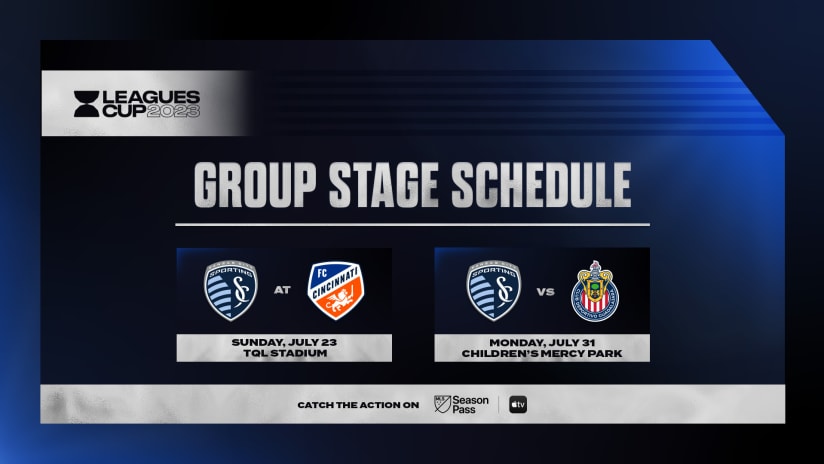When Sporting Kansas City takes the field tomorrow night in the 2016-17 Scotiabank CONCACAF Champions League, it will do so under a different set of rules than the MLS regular season. In May, the International Football Association Board published the new laws of the game that includes a notable change to the denial of a goal-scoring opportunity (DOGSO) rule. These laws will not go in to effect for Major League Soccer until the start of the 2017 season, but all Champions League matches will take place under the new laws.
The key law changes to be aware of are as follows:
1. Players may be sent off before the kickoff.
- If before the team list is submitted, the player cannot appear on the team list in any capacity.
- If after the team list is submitted but before the kickoff, the payer can be replaced by a “named” substitute. The “named” substitute cannot be replaced. Team still has 3 substitutes.
2. Player undershorts must be the color of the shorts or hem.
3. Players injured as a result of a red card or yellow card foul can be quickly assessed/treated and stay on the field of play (do not have to leave unless the assessment/treatment takes an extended time).
4. Kickoff: The ball can be kicked in any direction. All players must be on their own half.
5. Offside: The offside free kick is taken where the offside offense occurs – which may be in their own half of the field.
6. Injured defending player off the field of play:
- Once the defending team clears the ball out of their penalty area towards the halfway line, the injured player is no longer considered “active” for the purposes of offside position of the opponent.
7. A player who, when not challenging for the ball, deliberately strikes an opponent or any other person on the head or face with the hand or arm, is guilty of violent conduct unless the force used was negligible.
8. A foul off the field of play, as part of normal play, will be penalized by a direct free kick on the boundary line at the point nearest the offense or a penalty kick if in the offender’s own penalty area.
9. Denying an Obvious Goal‐Scoring Opportunity:
- When a player commits an offense against an opponent in their own penalty area which denies the opponent an obvious goal scoring opportunity and the referee awards a penalty kick, the offending player is cautioned unless:
- The offense is holding, pulling or pushing = red card; or
- The offending player does not attempt to play the ball or there is no possibility for the player making the challenge to play the ball = red card; or
- The offense is one which is punishable by red card wherever it occurs on the field of play (e.g. serious foul play, violent conduct, etc.) = red card.
10. The ball is in play when it is kicked and clearly moves (includes corner kicks, free kicks, etc.).



